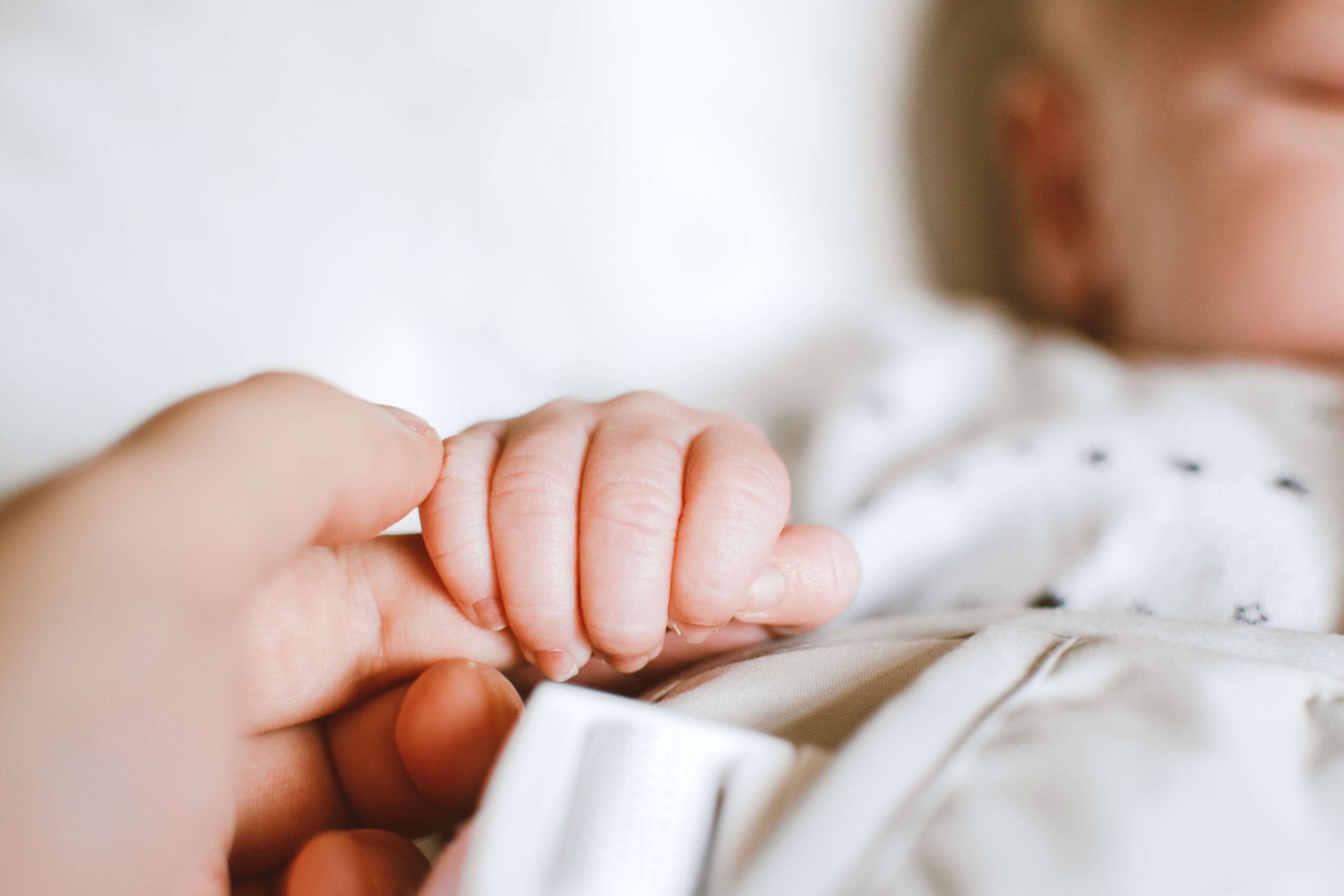Why be a donor
Here you will find answers to the main questions about egg donation: what it is, details about the procedure, who can donate, who needs to receive it and if there are risks.

Egg donation has become an increasingly recurrent procedure in assisted reproduction clinics.
The process is related to the treatment of In Vitro Fertilization (IVF) and has become popular due to the growing number of same-sex couples and single women who wish to have children. The current lifestyle contributes to these statistics.
Since women are choosing to have older children when egg quality deteriorates and fertility falls.
Some problems caused by pressure and day-to-day running, such as stress and insomnia, can also decrease the chances of a natural pregnancy.
